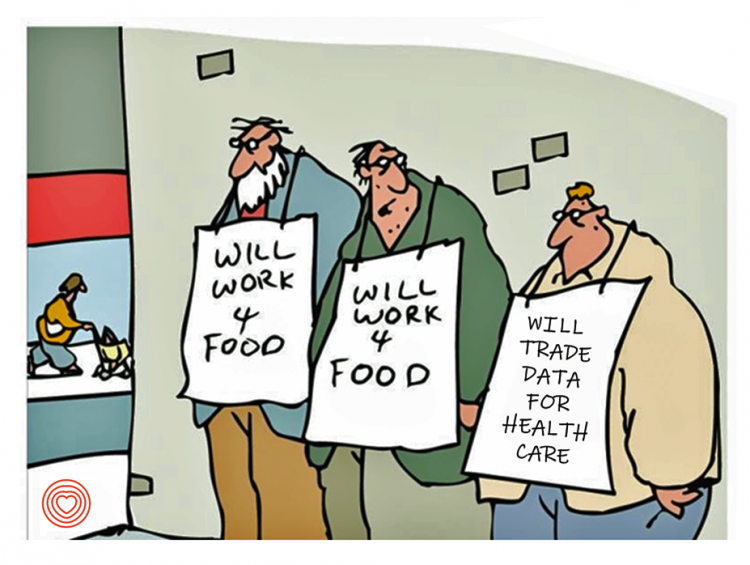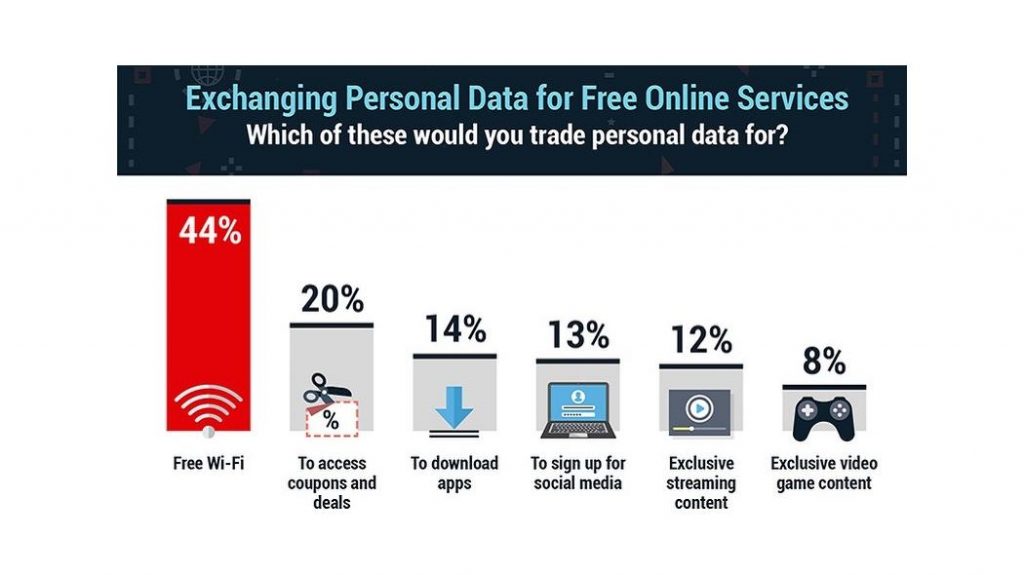Patients are now front-line payors in the U.S. health care system. As such, American health consumers are wrestling with sticker shock from surgical procedures, surprise medical bills weeks after leaving the hospital, and the cost of prescription drugs — whether six-figure oncology therapies or essential medicines like insulin and EpiPens.
 To manage personal health finances, patients-as-payors are increasingly willing to face trade-offs and change personal behaviors to lower health care costs, based on research in The Future of Health Care Study from USC’s Center for the Digital Future.
To manage personal health finances, patients-as-payors are increasingly willing to face trade-offs and change personal behaviors to lower health care costs, based on research in The Future of Health Care Study from USC’s Center for the Digital Future.
The Center analyzed the perspectives of 1,000 U.S. adults in August 2019 regarding 25 issues concerning health care and digital technology. Themes addressed a range of digital health items such as access to medical information via smartphone, wearable health trackers, digital assistants, telemedicine, AI in medical treatment, robotics for medical care, and sharing health data, among other factors.
Key findings were that…
- 80% of people believe access to health care is a basic right available to all citizens regardless of ability to pay, an opinion shared by most Americans — even those who call themselves “very conservative” (56%)
- One-third of Americans would opt into using a personal monitoring system 24/7 by an insurance company or health care provider in exchange for lower-cost insurance
- 1 in 4 people would work with an artificial intelligence (AI) technology for lower health care costs
- 30% of people would consider buying health insurance from companies offering lower rates, including non-insurance firms like Amazon, Costco or Google.
This was the first of six reports @DigitalCenter will publish on the future of health care. I’m looking forward to the next installment to be published sometime this spring.
Health Populi’s Hot Points: The Center found that 1/3 of people would opt-into remote health monitoring “all the time” as a trade-off for lower-cost health care coverage. 25% of folks would participate in an AI-based tool to lower health care costs.
Welcome to the age of sharing data for value-exchange. In my mind’s eye, I hearken back to an image of a person standing in the middle of the road with a hand-written sign, “Will Work for Food.”
Alternatively, I re-phrase the iconic book my girlfriends and I read and re-read, by now dog-eared on our bookshelves: Our Bodies, Our Selves. In today’s data-for-cheaper-care world, it’s Our Data, Our (Lower-Cost) Health Care. 
There was a survey done by PC Magazine in 2018 written up in an article titled, Would you trade your personal data for free online services? The publication conducted a poll among 3,000 people, and found that 44% of them would exchange personal data for free Wi-Fi. Other offers for data-exchange were less desirable, like coupons or apps or video game content.
Connectivity is the new social determinant of health, my mantra for the past few years. Data is now a currency in our daily lives; in health care, USC expects it could be currency for our health care finances, as well.
The post Will Trade Data for (Cheaper) Health Care – USC’s View of the Future appeared first on HealthPopuli.com.
Will Trade Data for (Cheaper) Health Care – USC’s View of the Future posted first on https://carilloncitydental.blogspot.com
No comments:
Post a Comment